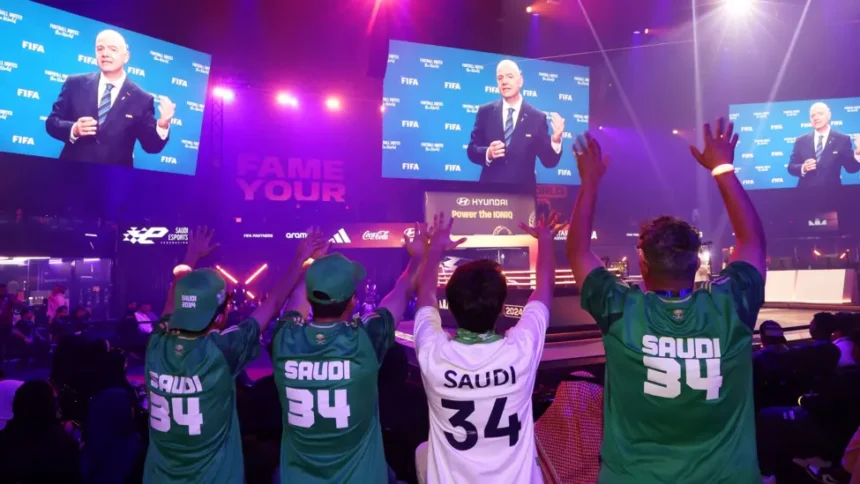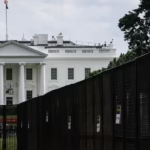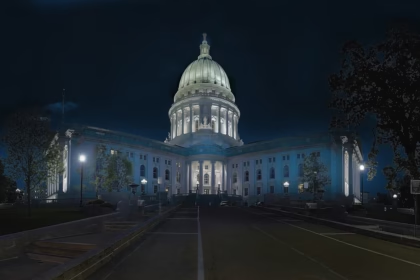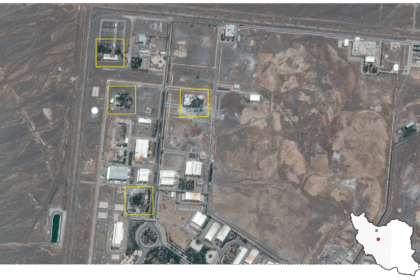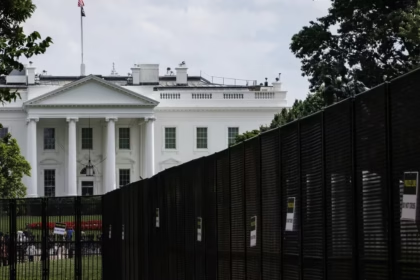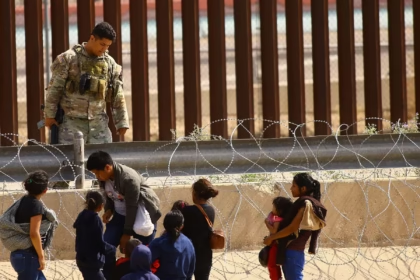As the expanded 32-team Club World Cup kicks off across the United States in June 2025, it marks not just a milestone in football’s evolution—but a turning point for how the sport is governed, monetized, and politicized. The key player behind the scenes: Saudi Arabia.
From controversial sponsorships to ownership stakes in media and clubs, the Kingdom’s influence is undeniable. FIFA’s reimagined tournament has become more than a sporting event—it’s a showcase for the intersection of business, politics, and global reputation management.
The Tournament’s Bold New Structure
For the first time, the Club World Cup includes 32 of the top teams from around the world. FIFA promises a high-stakes competition with a prize fund exceeding $1 billion—on par with the UEFA Champions League. President Gianni Infantino has championed the event as “the pinnacle of club football.”
But not everyone shares his optimism. Player unions and domestic leagues have raised concerns about fixture congestion, burnout, and diluted domestic competitions. Critics argue that pushing top clubs into another long tournament places commercial gain above player welfare.
Broadcast Battles and Saudi Arabia’s Growing Role
As legacy broadcasters like the BBC and ITV stepped away from coverage, FIFA turned to DAZN—a global streaming platform that, shortly after securing rights, sold a 10% stake to Saudi Arabia’s Public Investment Fund (PIF). The PIF also signed on as an official sponsor of the Club World Cup.
This partnership has raised eyebrows in sporting and political circles alike. With DAZN broadcasting the event and Saudi-owned Al-Hilal participating on the pitch, questions about neutrality and influence loom large.
Strategic Sportswashing or Global Investment?
Saudi Arabia’s influence in sports is not new. The Kingdom has invested billions across football, golf, boxing, and motorsports. Critics argue this trend—often referred to as “sportswashing”—is aimed at rebranding the nation’s global image amid human rights criticisms.
The awarding of the 2034 FIFA World Cup to Saudi Arabia, without a formal bidding process, has only intensified scrutiny. Many view the Club World Cup as a soft launch for Saudi Arabia’s long-term global football strategy.
Legal, Ethical, and Structural Questions
FIFA’s own regulations have come into play. Club León was removed from the tournament due to overlapping ownership with Pachuca. In Europe, UEFA is probing clubs like Crystal Palace, part of multi-club ownership models, for potential breaches of competitive integrity.
These incidents reveal a broader issue: as money pours in from sovereign wealth funds and private equity firms, the lines between sporting and financial interest are blurring. Governance structures are struggling to keep up.
Fan Engagement or Commercial Spectacle?
Despite the scale and investment, the tournament has struggled to capture public excitement. Reports of low ticket sales and lukewarm fan engagement have prompted late-stage sponsorship deals and price reductions.
DAZN’s heavy investment in the broadcast—reportedly $1 billion globally—is a bold bet on streaming-led sports entertainment. But without the fan energy of the Champions League or Copa Libertadores, the Club World Cup’s emotional resonance remains uncertain.
A Preview of Football’s Future?
FIFA is already planning a 48-team men’s World Cup in 2026 and the first-ever Women’s Club World Cup by 2028. These developments suggest that what’s happening in the U.S. this summer is just the beginning.
Saudi Arabia’s strategic entry into sports isn’t a footnote—it’s a feature of the next era of global football. Whether this evolution strengthens the game or erodes its grassroots foundations is a question fans, players, and leaders must confront.



